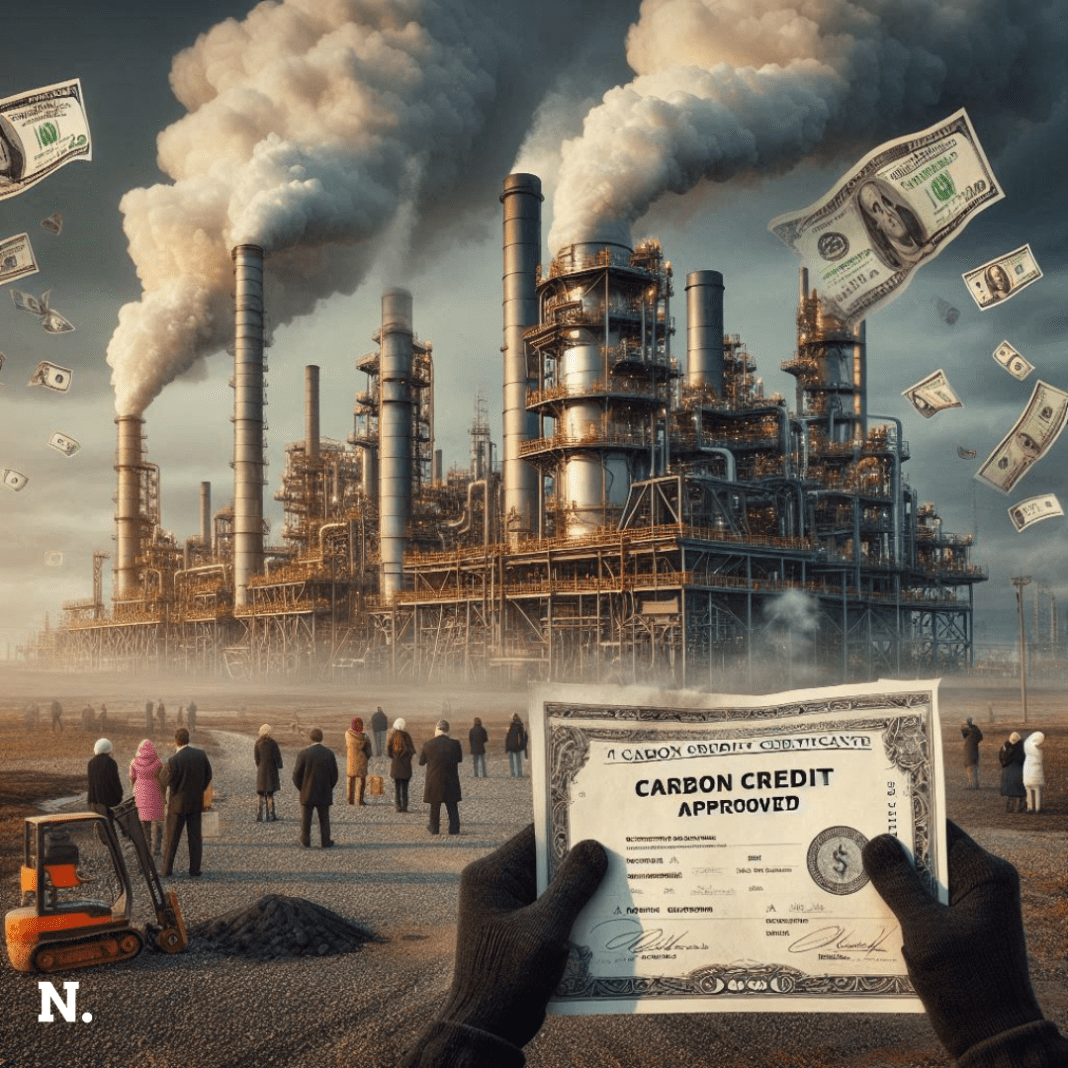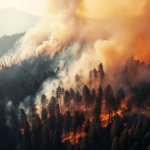Carbon Credits Reward Pollution?
Chevron’s Gorgon gas export plant, Australia’s largest industrial polluter, has come under scrutiny for obtaining millions of dollars in carbon credits while actually increasing its emissions. One of the biggest gas facilities in the world is situated off the coast of Western Australia. It has been releasing more carbon into the atmosphere rather than reducing pollution. Carbon credits, which are often awarded to businesses for cutting their emissions, were nevertheless granted to it.
Carbon credits work like a reward system. If a company lowers the amount of carbon it releases, it gets credits. These credits can be sold or used to offset emissions elsewhere. The goal is to reduce the total pollution going into the atmosphere. But in this case, the system seems to be working in reverse.
This situation has raised eyebrows all across the country. How can a company that is increasing pollution receive credits meant for those cutting back? That’s the question many Australians are now asking.
Cyber Attacks on Connected Cars
A Broken Rulebook?
The government introduced a system called the safeguard mechanism. This rule was supposed to stop big companies from polluting more than they already do. When it first started, it didn’t work very well because it wasn’t strongly enforced. The idea was simple: if a company’s pollution went over a certain limit, it had to fix the problem or pay a price.
Later, the new government made the rules tougher. They said that the most polluting companies had to lower their pollution levels by about 4.9% every year. This sounded like a strong plan. And according to the latest reports, some companies did reduce their pollution a little bit in the first year.
How Cyber Attacks on Industrial Control Systems Can Endanger Lives ?
But the report also showed something surprising. Around 70% of coal and gas companies, which are some of the biggest polluters, actually increased their emissions. That means they released more pollution than before. Instead of reducing carbon, many companies are doing the opposite.
Despite this, the government still handed out carbon credits to some of these companies, including Chevron. People are confused about how that happened. If the rules are meant to punish more pollution, why are companies being rewarded when their emissions go up?
Public Anger and Political Pressure
The news has sparked a wave of frustration across the country. People who care about the environment are especially upset. They believe the government isn’t doing enough to protect the air, land, and water from pollution. Environmental groups are saying that the rules have too many loopholes—ways that companies can escape responsibility while continuing to pollute.
Many feel that the carbon credit system is being used to make things look better than they really are. It creates the appearance of climate action, while in reality, pollution continues to rise. This could be an attempt to avoid public criticism or show off “success” that doesn’t truly exist.
Meanwhile, businesses that pollute a lot are being looked at more closely. People are asking whether these companies are being held to the same standards as everyone else. If not, it could affect how much people trust both the government and the companies involved.





